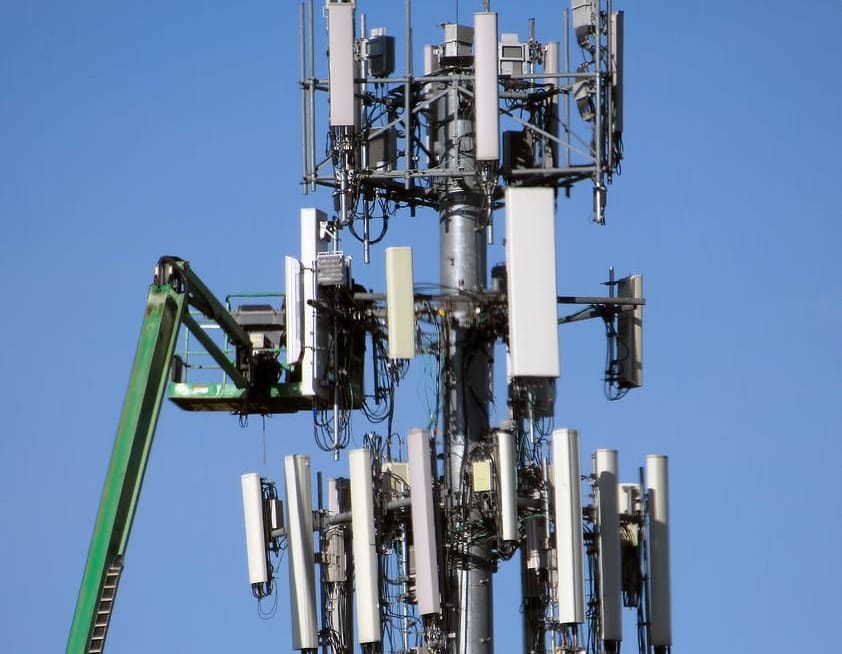FCC Moves to Relaunch $9 Billion 5G Fund for Rural America
Stakeholders are pushing for adjustments to the 5G Fund as the FCC proposes a $9 billion revival.

WASHINGTON, March 21, 2024 – FCC Chairwoman Jessica Rosenworcel on Wednesday moved to relaunch a program originally adopted in 2020, now that the commission has better mapping to get 5G to areas it believes won’t receive the service without subsidization.
If enacted, the proposed rules would revive the 5G Fund for Rural America, allocating up to $9 billion for its initial phase. Funding sources for the program typically come from a combination of government appropriations, revenue generated from spectrum license auctions, and contributions from telecommunications companies participating in the program.

In addition to allocating $9 billion to extend voice and 5G mobile broadband services to rural areas, the relaunched 5G Fund incorporates incentives of up to $900 million to encourage the adoption of Open Radio Access Network, or Open RAN, technology, which is said to benefit competition, national security, and supply chain reliability.
The second report and order circulated on Wednesday outlines various measures to enhance the program, including a modification to the eligibility criteria to ensure the inclusion of areas in Puerto Rico and the U.S. Virgin Islands.
Additionally, it proposes increasing the budget for Phase I of the 5G Fund auction and the Tribal reserve budget, reserved to connect Tribal communities.
It further mandates cybersecurity and supply chain risk management plans for recipients as a condition of receiving support.
The auctions will rely on mobile coverage data obtained through the Broadband Data Collection, reflected on the FCC's national broadband map. Stakeholders are urged to promptly file challenges through this mechanism to ensure the accuracy of data regarding areas in need of 5G service.
Stakeholders call for revisions to the 5G Fund
In an ex parte communication filed Monday, CTIA emphasized the value of scheduling the 5G Fund auction after final funding decisions are made in the Broadband Access, Equity and Deployment ‘BEAD’ program. This approach would allow the FCC to incorporate crucial deployment information that could influence the scope of the 5G Fund.
”While BEAD will not directly fund mobile broadband deployment, it is likely to result in the deployment of fiber broadband backhaul facilities and fixed wireless services that will facilitate the expansion of 5G coverage in rural areas,” the ex parte states.

CTIA cautioned against imposing overly prescriptive cybersecurity conditions or Open RAN mandates that could escalate costs and complexity, potentially deterring participation from smaller providers endeavoring to connect challenging-to-serve regions of the country.
Instead, CTIA advocated for voluntary, post-auction incentives such as additional funding, flexibility in build-out deadlines, and technical assistance, contingent upon factors such as the funding source, the version of Open RAN, eligibility criteria, and associated conditions or requirements.
CTIA further urged the commission to initiate an additional opportunity for public comment, saying certain aspects warrant further consideration.
The Open RAN Policy Coalition echoed CTIA's sentiments, emphasizing the importance of post-auction incentives to encourage Open RAN deployment.
By offering these incentives such as additional funding for various phases of the build-out, flexibility in meeting build-out requirements, and technical assistance, the coalition believes that winning bidders would be empowered to choose Open RAN solutions, aligning with the commission's objectives for the 5G Fund.
The Competitive Carriers Association advocated for the FCC to raise eligibility standards to at least 35 Megabits per second (Mbps) down * 3 Mbps up to align with global benchmarks, previous FCC precedent, and administration goals.
CCA stressed the importance of using accurate mobile mapping data and a robust challenge process before proceeding with any 5G Fund auction.
Additionally, CCA cautioned against proceeding with a $9 billion budget without sufficient justification and updated analysis, underscoring the need to appropriately size the 5G Fund to maximize its effectiveness.
CCA hopes the commission will avoid duplicating challenges encountered in previous funding initiatives, mainly the Mobility Fund I proceeding.
Additionally, rural mobile providers are urging the FCC to reconsider the proposed reverse auction funding model for the future 5G fund.
The Rural Wireless Association has engaged in multiple discussions with FCC officials, expressing persistent concerns over the reverse auction model. Under this system, providers would compete based on cost structures for serving areas meeting the minimum required speeds, as stipulated by the 5G Fund.
However, the RWA emphasizes that areas currently served by carriers benefiting from legacy funding programs, such as the Mobility Fund, may also become eligible for auction. Consequently, if these carriers lose funding through the auction, it could jeopardize their ability to sustain infrastructure, potentially leaving other areas reliant on their networks without service.











